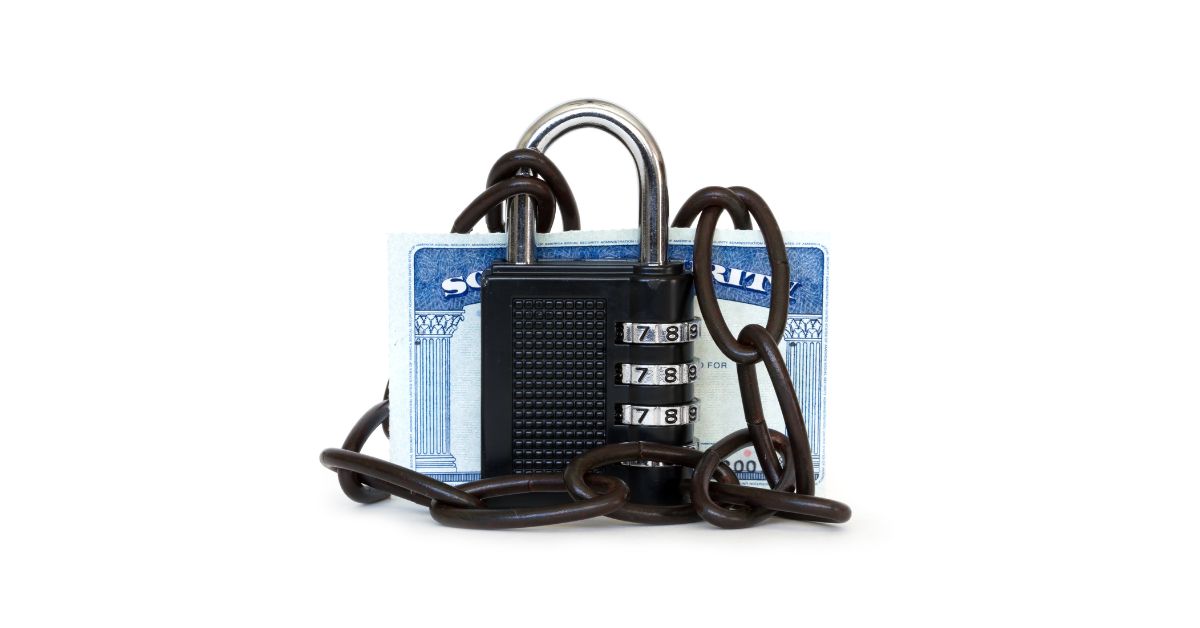Are you wondering if identity theft is a federal crime or felony? The charges and punishments for identity theft depend on the severity of the crime.
There are many types of identity theft, including using a stolen credit card, applying for credit in someone else’s name, impersonating someone else, and others. For more severe identity theft crimes, you can be charged with a federal crime or felony. However, you can also receive state jail felony charges for these crimes.
Learn more about the charges identity thieves face in this guide with information on the different types of identity theft and punishments.

Is ID Theft a Federal Crime or Felony?
The severity of charges someone can face for identity theft depends on the crime they commit using someone else’s information. Identity theft can include:
- Filing a false tax return in someone else’s name.
- Using someone else’s information to apply for a loan.
- Credit card fraud or using another person’s credit card without permission.
- Applying for housing or cars using someone else’s personal information.
- Stealing credentials to access restricted areas or buildings.
- Using someone else’s social security number to gain employment.
Thieves obtain information to steal people’s identities by finding personal information in dumpsters, using skimming devices, hacking computers that contain people’s personal data, phishing scam calls, and other means.

If you commit one of these crimes, you can be prosecuted on the federal or state level. However, most crimes involving identity theft are felonies.
What Agencies Investigate Identity Theft?
Identity theft is investigated by several agencies, including the Fair Trace Commission (FTC), the Federal Bureau of Investigations (FBI), the Internal Revenue Service (IRS), and others. These government agencies prosecute people under several federal laws, including the Fair Credit Reporting Act, the Electronic Funds Transfer Act, the Identity Theft and Assumption Deterrent Act, and others.
What is the Punishment for Identity Theft?
One can receive several different punishments if convicted of identity theft, including probation for minor offenses, jail time, restitution, credit and electronic device restrictions, forfeiture of personal assets, community service, and other legal consequences, like losing the right to vote or own a firearm.
The charges can also include state-level felonies depending on which agency investigates and arrests the perpetrator. Nevertheless, identity theft is always a serious crime that could land you in jail for up to 25 years and cost you up to $250,000 in court costs and fines.
How Many People Get Away with Identity Theft?
Sadly, despite the severe punishment for identity theft, the government is unsure how many people get away with identity theft, but estimates are high. Identity thieves can often use a victim’s information for a long time before being caught. Many people do not even know they are the victim of identity theft until months or years after the crime is committed, making it challenging to prosecute the cases.

Additionally, many identity thieves reside outside of the United States, which makes it challenging for prosecutors to locate and charge the responsible party.
How Can You Protect Yourself from Identity Theft?
The government receives hundreds of thousands of reports of identity theft each year. The number of people convicted of these crimes is much smaller in comparison to the reports. So, you must protect yourself from these crimes by:
- Using a secured computer connection.
- Doing your online shopping on trusted sites.
- Protecting your credit cards.
- Not using your credit or debit card at gas stations where the pumps look like someone has tampered with them.
- Filing your taxes early.
- Shredding documents with sensitive information.
- Not giving your personal information to anyone you did not personally call.
Final Advice on Whether Identity Theft is a Federal Crime or Felony
Identity theft is a federal crime or felony in many cases. However, you may also be charged with a state jail felony. The punishment for these crimes ranges from probation to a lengthy prison sentence in a state or federal prison.
While many people get away with these crimes, they are still prosecutable. Anything you obtain through identity theft or use during the commission of the crime is subject to asset forfeiture.
So, regardless of what agency investigates and prosecutes you, the punishment is severe and can affect you for the rest of your life. So, if you find yourself charged with an identity theft crime, you should consider hiring a knowledgeable attorney to represent you.
For help with other topics, like what is the difference between a ticket and a citation, read the other articles on our site.
